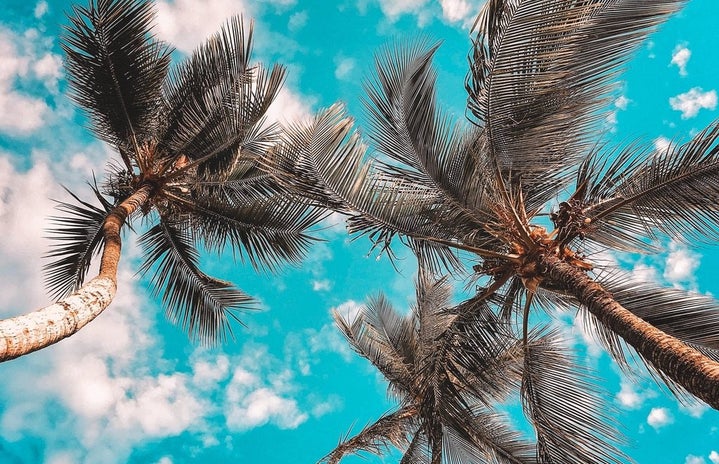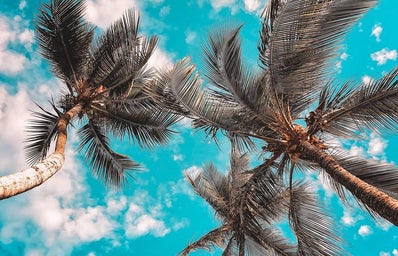In Puerto Rico, there will always be a reason to raise your voice. We live in a constant state of fighting for what is ours and for what private entities try to take away from us with governmental help. In June 2021, tension rose in Rincón, Puerto Rico, with the discovery of an illegal construction of a swimming pool in the Sol y Playa condominium that began right at the shore of a public beach. This caused quite a stir. THistorically speaking, private entities have illegally occupied public beaches to build pools, hotels, luxury complexes and more. And this event only shows that the environmental battle is far from over.
This situation was brought to the media spotlight by former candidate for governor, Eliezer Molina, through his social media platforms. He called for environmental justice, questioning the decisions of the Department of Natural and Environmental Resources (DRNA, in Spanish), which granted permits, described as illegal by Molina, to continue the construction. As part of the opposition to the Sol y Playa condominium construction, hundreds of protesters have come to Rincón to voice their concerns, claiming environmental justice and spending nearly the entire summer there. Two of the protesters, including Eliezer Molina himself, were then illegally detained, arrested, and summoned to trial during one of the protests on the beach. However, it was later decreed that there was “no cause for arrest” in court for his case, alongside two other protestors’.
Condo administrators have defended the construction, claiming that “they had the proper permits to carry out this project.” Later on, however, it was clarified that these claims were incorrect, resulting in a halt to the construction. Shortly after, the cease-and-desist order was amended, so the construction of the swimming pool continued once again. Later on, after the last amendment, the order, yet again, declared a complete halt to the construction in the Sol y Playa condominium. This intermittence of permits represents a clear mismanagement of the situation.
The problem with this situation is that it is not the first time that our natural resources have been threatened here on the island. The issue of taking over public spaces, like beaches, as private entities, under the ‘blessing of government boards for economic profit’ is recurrent. This not only occupies and limits access for people to enjoy our beaches, but it also damages the maritime ecosystem of the area. It disrupts natural processes, such as turtle nesting, and is one of the main causes for the constant erosion on the coasts of Puerto Rico that leads to landslides. It’s a phenomenon that our island experiences in various locations (take, for example, Ocean Park in San Juan). Eliminating the coastline causes the terrain to shift and the sea to move further on to the coast. This, in the long term, ultimately results in the collapse of the constructions that initially caused said phenomenon.
Fortunately, this situation culminated in safeguarding the neighboring beach of the Sol y Playa condominium. However, the truth is that, near this beach, there are many illegal coastal constructions for which the battle has not been won. Currently, beaches such as Playuela in Aguadilla and Punta Bandera in Luquillo are for sale, for the construction of a hotel and an apartment complex, respectively. As a tropical island, it is our duty to know when to stop the environmental abuse that is imposed on us. It is our duty to be up to date with news like this, and to identify, as citizens, what we can do to tackle these problems. If we don’t, we won’t have a legacy to leave to the generations to come.
¡Salvemos las playas!


